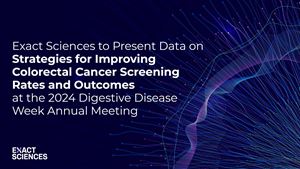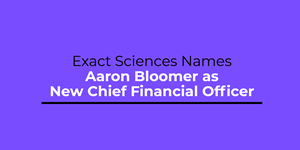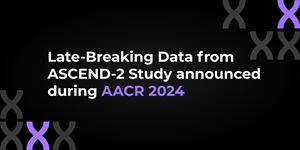Pipeline Update: Promising Advances in Early Liver Cancer Detection Shared at International Conference
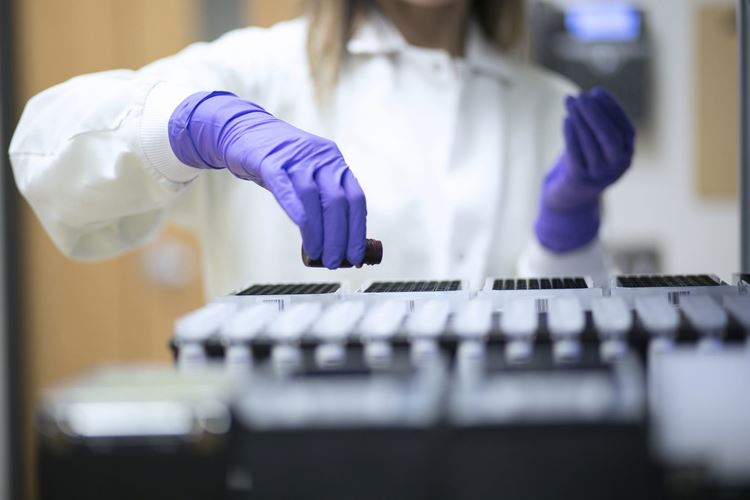
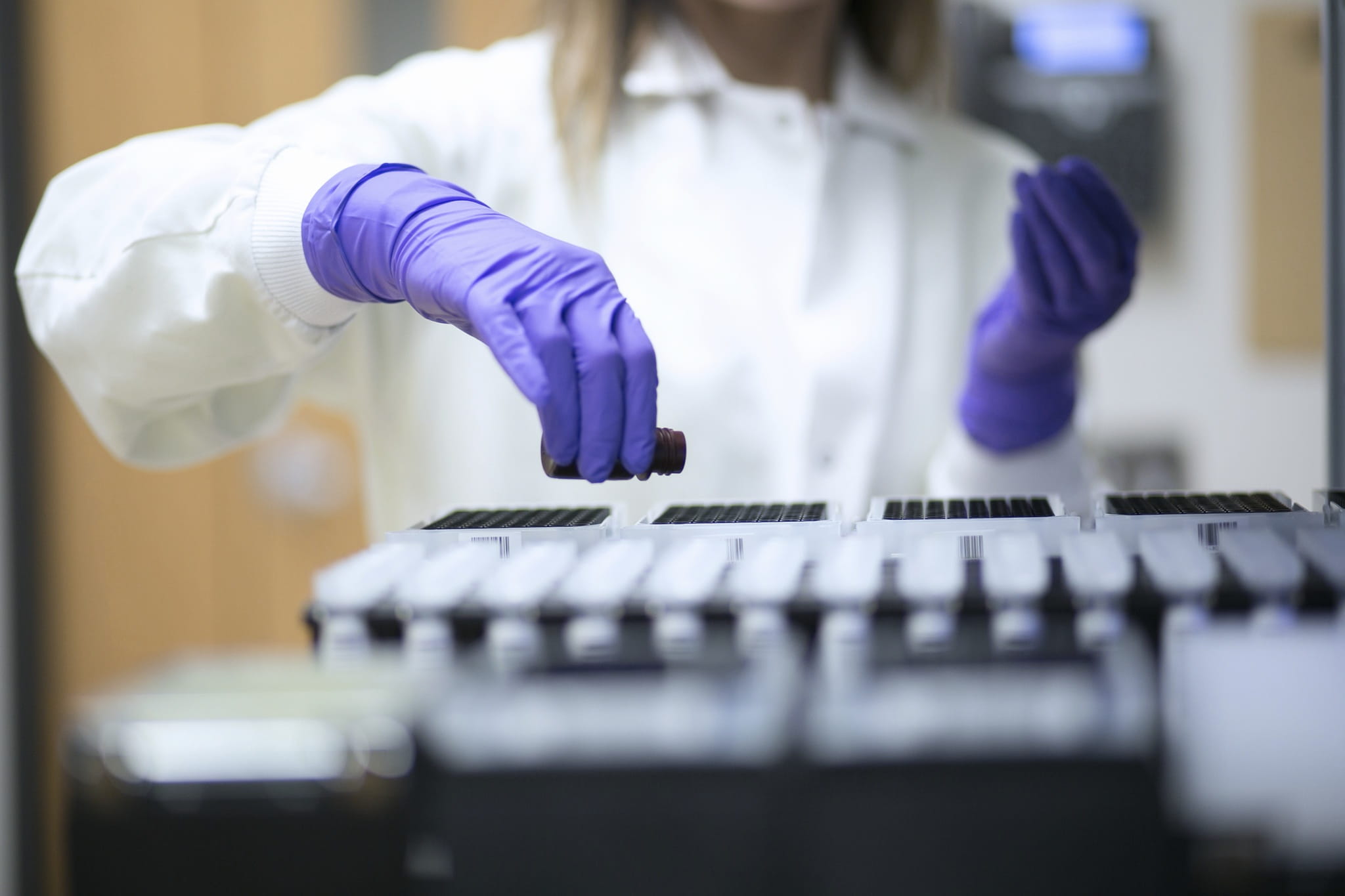
What drives our work is the opportunity to develop cancer detection tests that benefit people. The medical and scientific communities measure this impact as a test’s “clinical utility,” but we never lose sight of the impact it makes in people’s lives. As a molecular diagnostics company that has already screened more than one million people with Cologuard – our noninvasive, colorectal cancer detection test – we understand the effect we have in the real world.
In expanding our pipeline, we are focusing on early detection tests for the most prevalent and deadly cancers. We’re excited to announce research results that demonstrate significant progress toward developing a blood-based test to accurately detect hepatocellular carcinoma (HCC), the most common type of liver cancer.
Liver cancer is a serious health issue. Each year in the United States alone, nearly 42,000 people are diagnosed with liver cancer and more than 30,000 people die from the disease. Worldwide, the number of deaths annually is more than 600,000. HCC is the fastest-growing cause of cancer-related death in the United States and is predicted to be the third-leading cause of cancer deaths by the year 2030.
Why this dramatic rise in incidence and mortality from HCC? One reason is the increase in cirrhosis, or chronic liver disease, which is the primary risk factor for HCC. Chronic infection by hepatitis B or C viruses continues to spread and remains the number one cause of cirrhosis worldwide. Non-alcoholic fatty liver disease, which is associated with obesity, is another condition on the rise that predisposes individuals to HCC.
Monitoring of individuals prone to developing HCC is critical – if caught early, clinicians can treat HCC, offering patients improved outcomes. The three-year survival rate for HCC nearly doubles in individuals who undergo regular surveillance. The current surveillance tests recommended to detect early-stage HCC include ultrasound and measurement of the serum biomarker alpha-fetoprotein, or AFP.
Effective surveillance with these tests requires repeat testing every six to twelve months, yet most at-risk patients do not adhere to the surveillance. Liver ultrasound combined with AFF tests were found to detect only 63 percent of early-stage HCC. Performance varies because it is dependent upon the technician’s expertise and the patient’s body type. Clearly there is a need for a more sensitive and reliable test.
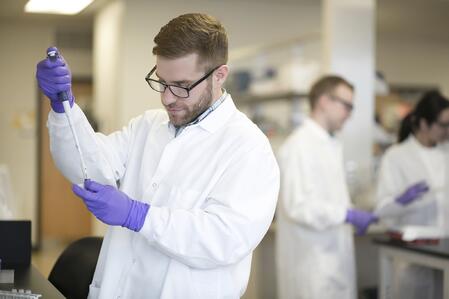
Today, we presented new data at the 2018 Digestive Disease Week conference, the world’s largest gathering of gastroenterologists and scientists in the field. Dr. John Kisiel, our colleague at Mayo Clinic, described the results of a novel panel of six DNA biomarkers in detecting HCC.
The panel was tested against 244 human blood samples which included 95 HCC samples, 51 with cirrhosis but no HCC, and 98 healthy controls. The panel was found to have 95 percent overall sensitivity for HCC. Most notably, sensitivity among patients with early, curable-stage disease was 91 percent. The panel also demonstrated an overall specificity of 93 percent.
We are excited about the future of our liver cancer program. It is another example of how we’ve continued to grow our pipeline of early cancer detection tests using a proven scientific platform.
